The world has been buzzing this weekend with news about the new Barbie movie. You may have made plans to see the movie with your friends or family, weighed in on the Barbie/Oppenheimer debate (or participated in “Barbenheimer”?), or decided that it just isn’t for you. As epidemiologists, we understand the importance of raising awareness about public health work being done in the world, and in an exciting twist, Mattel has honored several women in public health with the creation of their own Barbie dolls. These women were all selected in 2021 as role models in the ongoing fight against COVID-19, and have been honored as real-life Barbies. While the original Barbie may not be the healthiest or most inclusive role model, these women’s work and impact is definitely something to celebrate.
1. Sarah Gilbert – Vaccinologist
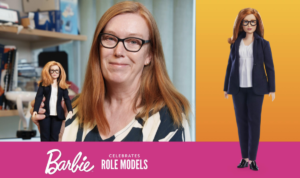
As the Said Professor of Vaccinology at the University of Oxford, Sarah Gilbert has been at the forefront of vaccine development for various emerging pathogens, including influenza, Nipah, MERS, Lassa, and Crimean-Congo haemorrhagic fever. However, her most groundbreaking work came in 2020 when she initiated the SARS-CoV-2 vaccine project. Collaborating with Oxford colleagues, she led the development of the ChAdOx1 nCoV-19 vaccine against COVID-19, which has since been used worldwide.
2. Dr. Audrey Sue Cruz – Physician, Professor, and Healthcare Advocate
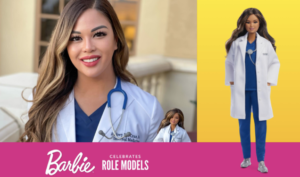
Dr. Audrey Sue Cruz is not only an Internal Medicine physician and Assistant Professor of Medicine but also a dedicated wellness advocate and health/lifestyle blogger. During the COVID-19 pandemic, she played a crucial role as a frontline worker in both hospital and clinic settings. Dr. Cruz is known for her use of telehealth to expand access to essential health services, especially among the Asian American community, for which she has been an ardent voice and advocate.
3. Amy O’Sullivan, ER Nurse
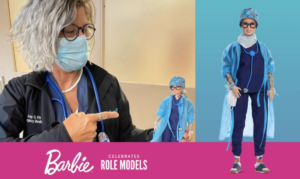
Amy O’Sullivan is a proud ER nurse with nearly three decades of experience, 19 of which were spent at the Wyckoff Heights Medical Center in Brooklyn, New York. Her dedication to patient care and the community was particularly evident during the early months of the pandemic when New York City was severely affected. In recognition of her essential work on the frontlines, Amy was featured on the cover of Time magazine as one of the 100 Most Influential People of 2020.
4. Dr. Chika Oriuwa – Psychiatry Resident and Mental Health Advocate
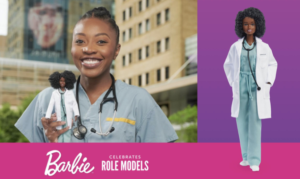
Dr. Chika Oriuwa, a Resident in Psychiatry at the University of Toronto, is passionate about advocating for children’s mental health and addressing racial disparities in healthcare. As the only black person in her medical school class and the first black woman chosen as sole valedictorian, she actively promotes diversity in medicine and medical education reform. Dr. Oriuwa is not only a dedicated medical professional but also a spoken word poet, writer, and public speaker, using her platforms to raise awareness about mental health and combat misinformation.
5. Dr. Jaqueline Goes – Pathologist and COVID-19 Researcher
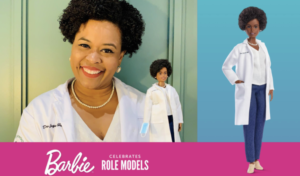
Dr. Jaqueline Goes is a Brazilian scientist, professor, and researcher with expertise in biotechnology and pathology. She gained widespread recognition for leading the genetic sequencing of the coronavirus in Brazil during the early stages of the pandemic. Being a young black woman from humble origins, Dr. Goes has remained dedicated to promoting trust in science, combating misinformation related to COVID-19, and encouraging vaccine uptake.
6. Dr. Kirby White, General Practitioner and PPE Advocate
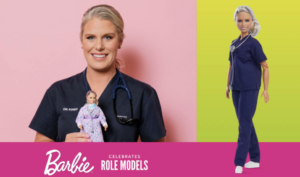
Dr. Kirby White is a Specialist General Practitioner based in rural Australia. She co-founded “Gowns for Doctors,” an initiative that provided protective gowns to front line workers during the COVID-19 pandemic. Her dedication to ensuring proper PPE supplies for healthcare professionals garnered her the title of 2021 Victorian Australian of the Year – Local Hero. Dr. White’s commitment to rural healthcare and her efforts in medical research have made her a vital figure in her local community.
As epidemiologists, we can draw inspiration from these real-life Barbies who have exemplified dedication, resilience, and innovation in their fields. Their work in vaccine development, healthcare advocacy, mental health, and public health education during the pandemic has had a profound impact on communities worldwide. You can learn more about each of these important women here.
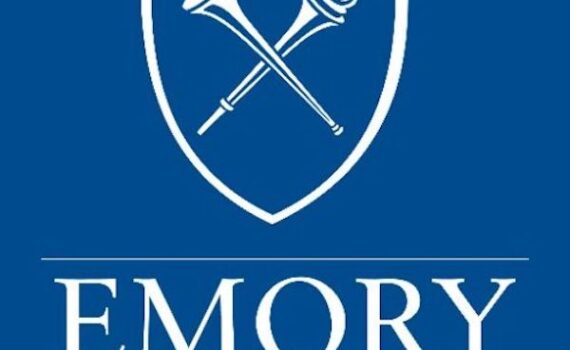
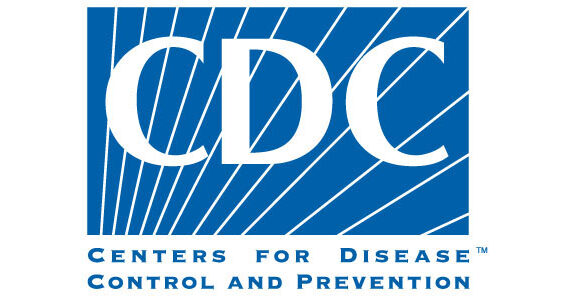
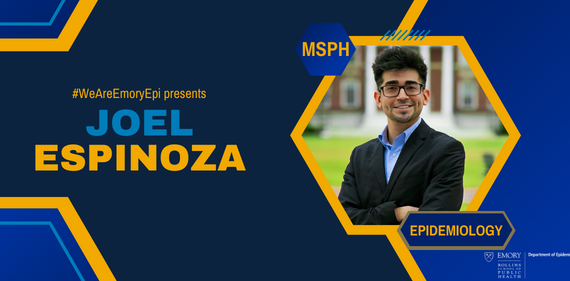
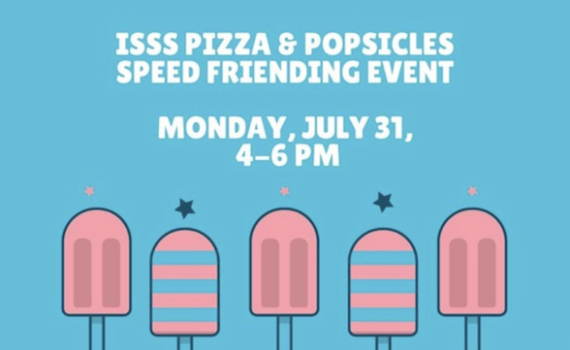
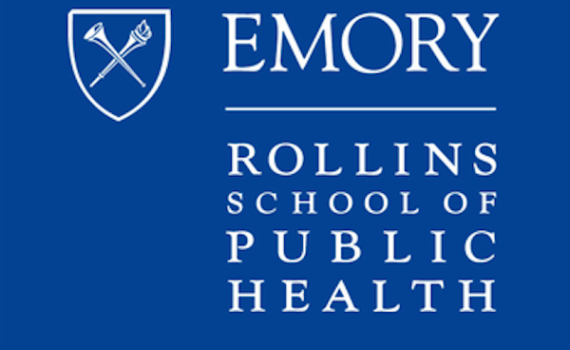
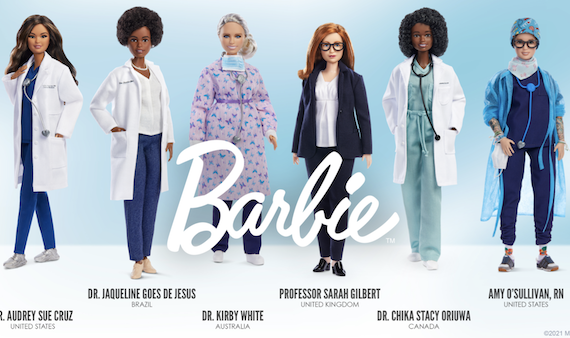






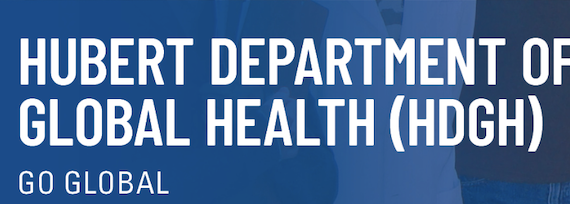
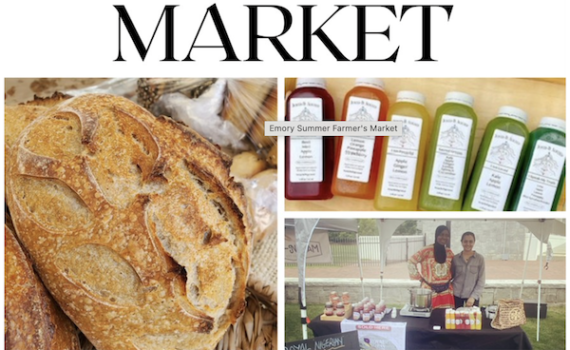
Recent Comments